Global Gluten Free Diet Trends
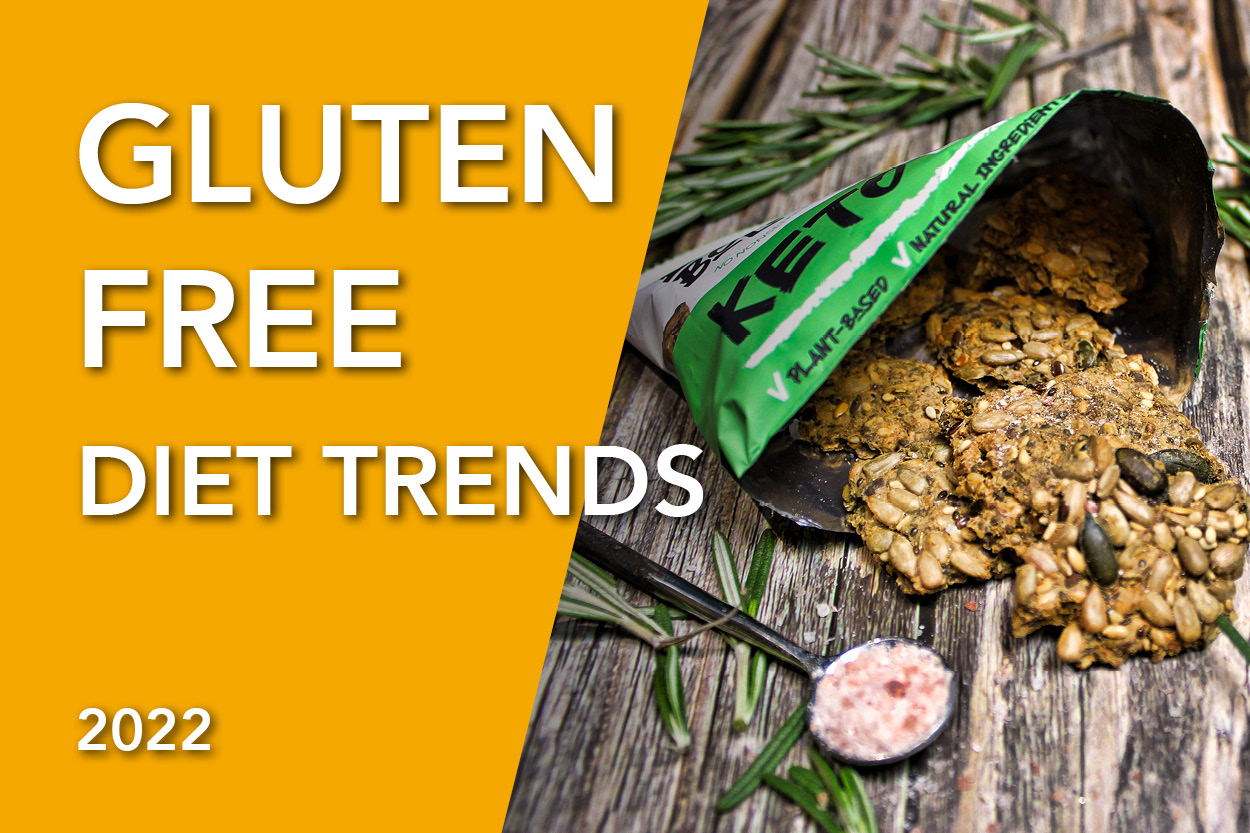
Little more than a decade ago you’d struggle to find anything marked as gluten free on supermarket shelves, and the thought of an aisle dedicated to free from products was a pipedream. Fast-forward to today and it’s a completely different story.
The global free from market is anticipated to reach $161.2 billion USD by 2026[1], with a CAGR of 9.5%[2].
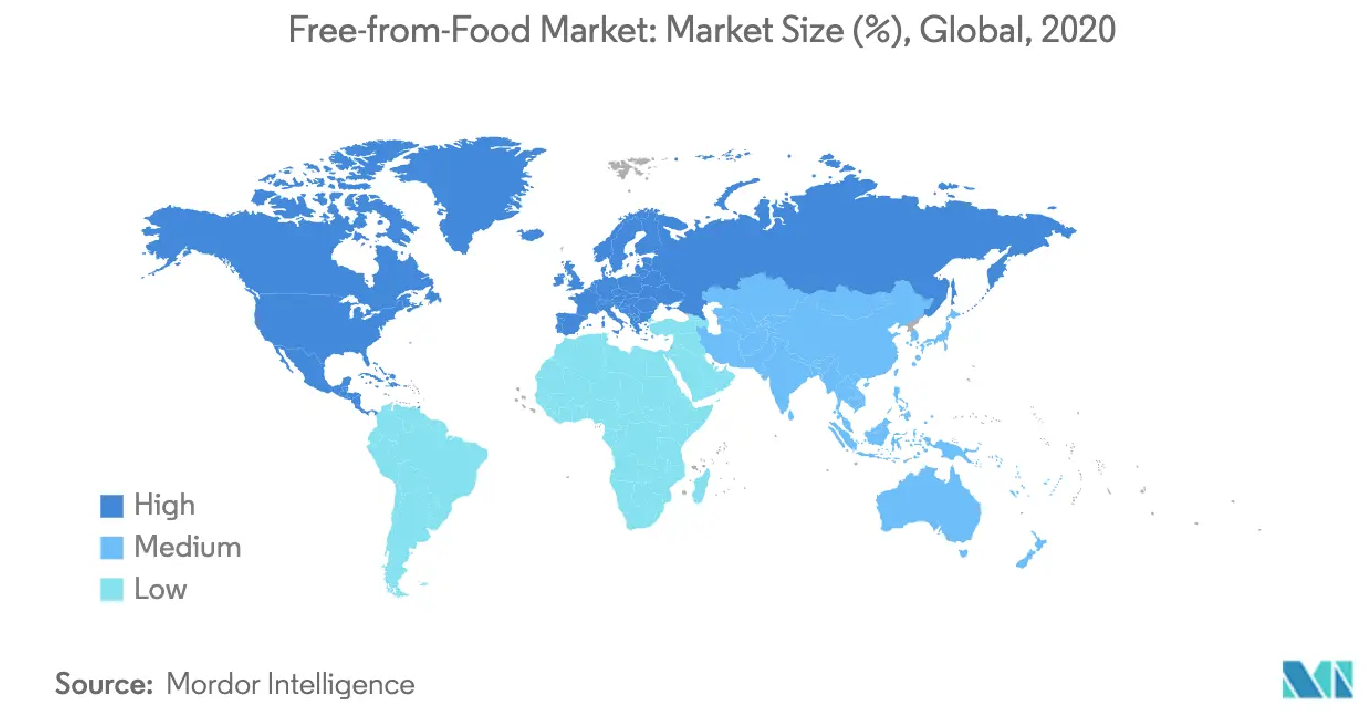
According to research conducted by Mordor Intelligence[1], Europe is the largest market for free from products, whilst Asia is currently the fastest growing.
Both regions present fantastic opportunities for manufacturers of free from foods and beverages.
Gluten free products remain most popular in Europe, North America, and Canada, whilst the dairy free category is led by North America. In the East, demand for gluten free, trans free, and caffeine free goods is on the rise across South-East Asia.
We’re sure you’ll agree that this is all very exciting, but let’s take a step backwards and look at what actually constitutes the free from market, and why it continues to grow globally
Free from product categories
In 2014, the EU identified 14 major allergens[1], ranging from crustaceans to peanuts, which must be clearly indicated on all food packaging.
But when it comes to the free from category, it encompasses products that do not contain gluten, egg, lactose, dairy, soya, or a combination of these allergens.
There are of course products free from animal products which also cross into this category, although a whole market in itself. You can read more about plant-based meat alternatives, dairy alternatives, and vegan export opportunities here.
Gluten free
Gluten free products currently form the largest sub-section of the overall free from category. Wheat, rye, barley, and oats are typically the worst offenders for consumers following a gluten free diet, although there are other glutenous ingredients to be on the lookout for like durum wheat, and semolina.
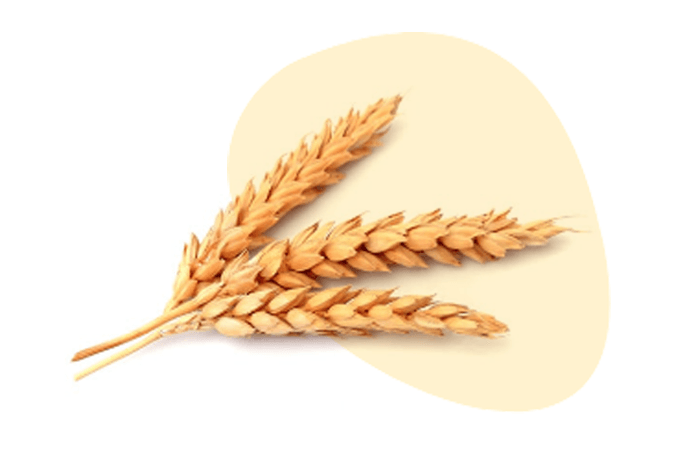
Eggs
Those allergic to eggs also have a long list of ingredients and ovo derivatives to be wary of when shopping. Products that are typically off limits include cakes and pastries, mayonnaise and other condiments, fresh pasta, and sweet treats like ice cream, custard, and meringues
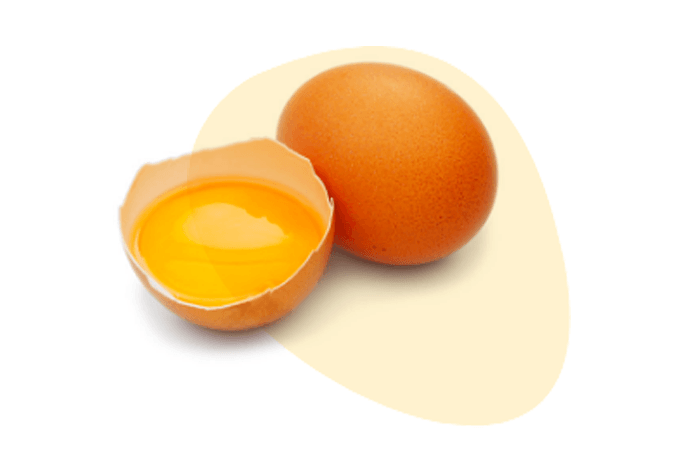
Lactose free and dairy free
When it comes to lactose free and dairy free products there is some cross-over, but the key thing to note is that when something is labelled as dairy free it is exactly that. It contains no dairy products at all and is made from plant-alternatives. In the case of lactose free products, these are still made from animal products but with the lactose element removed.
And the list goes on…
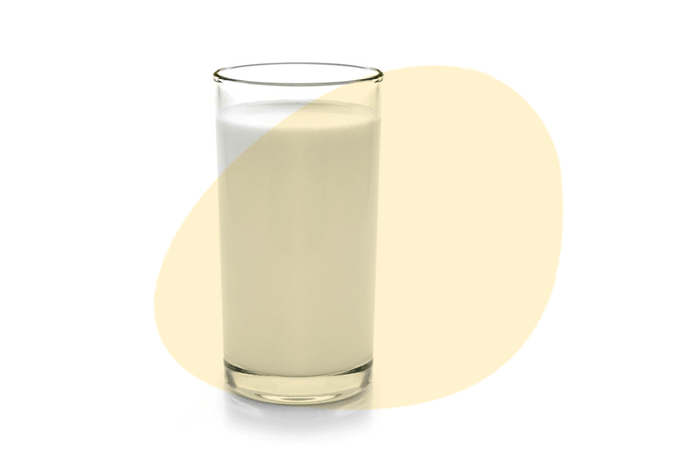
Increased intolerance or consumer trend?
Consumer habits have changed considerably in recent years, with many people looking for a cleaner, healthier diet, but is that the key driver for the continued growth of the free from sector? It’s difficult to know for sure.
In the case of those suffering with an intolerance to gluten, whilst there has been a considerable increase in the number of diagnoses and general consumer awareness, intolerances aren’t so black and white, with many falling on a spectrum.
Celiac (Coeliac) disease is at the most extreme end of said spectrum and is an autoimmune disease with a whole host of symptoms brought on by the consumption of gluten. There are no medical or surgical treatments to celiac disease; it can only be controlled by a strict, lifelong gluten free diet. According to non-profit Beyond Celiac[1], 1 in 133 people are affected by celiac disease, with 83% of sufferers being undiagnosed or misdiagnosed.
On the opposite end of the spectrum are those who suffer from an intolerance to gluten. In this case similar symptoms to celiac are witnessed, but without the autoimmune damage to the small intestine.
There has also been extensive research into why more people are being diagnosed with a gluten intolerance compared to previous generations, but more work needs to be done in this area to prove if there has been a significant change in the genetic make-up of grains like wheat and barley in recent years.
On October 1st, 2021, The UK Food Information Amendment, also known as Natasha’s Law, came into effect.
This legislation requires manufacturers of food products to clearly label allergens and provide a full list of ingredients on all packaging to empower allergy sufferers to purchase products safely and with confidence.
The amendment is the result of the hard work and campaigning that followed the untimely death of British teenager Natasha Ednan-Laperouse who suffered a fatal allergic reaction to an ingredient that was not declared on a prepacked meal.
You can find out more about the new labelling requirements here.
Sticking with gluten free products, around one-third of US adults are believed to be looking to reduce the amount of gluten in their diets regardless of any medical diagnosis[1]. This goes to show that consumers see free from products as better-for-them.
It is this health appeal which has helped the growth of the category overall, particularly during the pandemic as many consumers have been looking for ways to improve their diet. For example, in research carried out by Nielsen[2], 70% of global consumers said they are more attentive to natural ingredient claims because of COVID-19.
And therefore, we can expect free from brands to expand their product ranges to cater to the masses. We are sure to see more products hitting shelves that are also organic, high in fibre, high in protein, dairy free, soya free, nut free, or free from added sugar.
Free from brands to watch-out for
Here are four brands embracing the free from way of life that we believe you’re going to see more of in the coming months.
British household name, Warburtons launched their gluten free line of products back in 2011 with a humble loaf of bread. A decade later, they now sell a whole host of products including artisan bread, farmhouse loaves, crumpets, wraps, and sandwich thins. This diversity is great news for consumers with a gluten intolerance, or simply looking to cut down their gluten intake, without compromising on quality or taste.
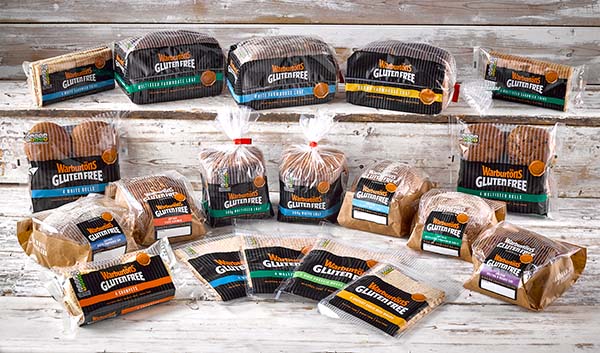
What’s more, they are starting to distribute the range overseas, including the UAE where we recently saw Warburton’s gluten free products on shelves in Spinney’s Dubai.
Another brand not scrimping on taste is Truly Gluten Free. Its range of cookies, muffins, brownies, and other tray bakes completely free from gluten are perfect for consumers looking to curb sugar cravings without the allergens. The brand has also been experimenting with lactose free recipes too making them a great product for export as they are now considered an ambient product thanks to an extended 8-month shelf life.
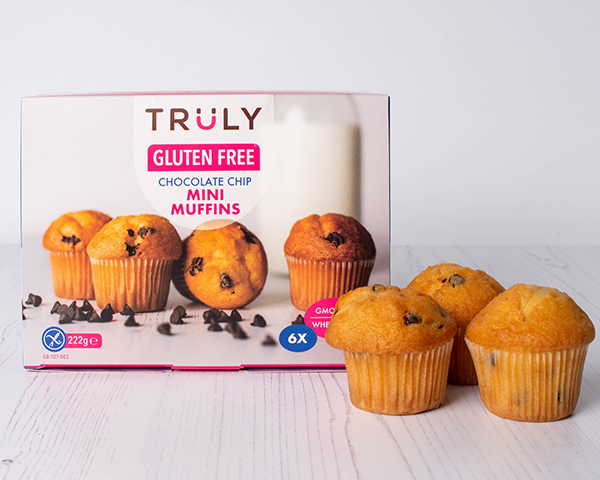
Keto fan favourite, Eva Bold, deliver gluten free and plant-based snacks that are also low in carbohydrates. Its innovative range of keto bites and protein bars are ideal for followers of a ketogenic diet that also have allergies or lead a vegan lifestyle, proving that eating low carb doesn’t have to be high in meat consumption. Eva Bold’s products are perfect for export and cover not only the free from market, but also the ketogenic market too.
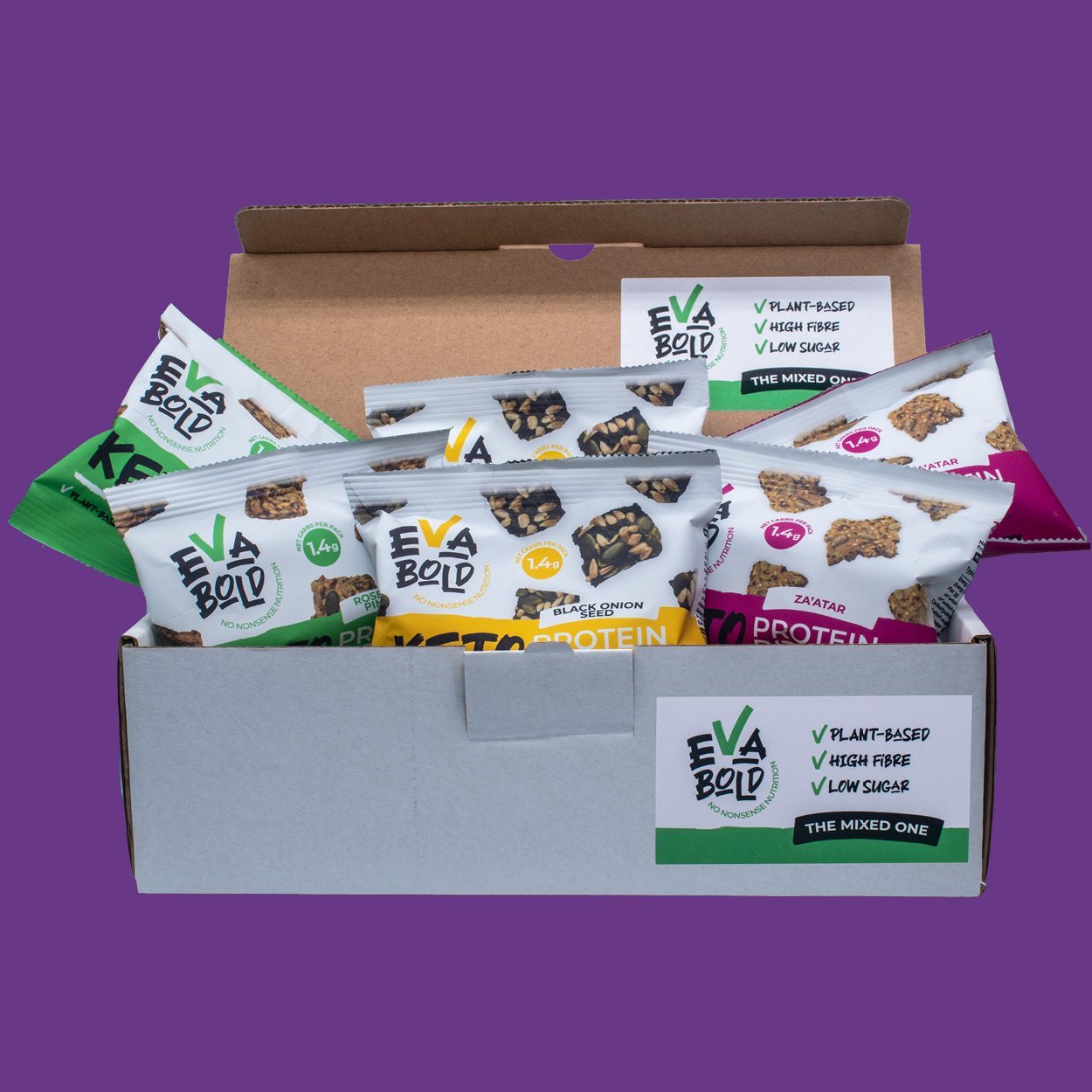
Another innovator in the free from space is Push Chocolate, a brand 100% dedicated to being free from all 14 major allergens. Its high protein range of chocolates is made in an allergen-free factory that enables the brand to embrace being entirely free from. In addition, Push Chocolate’s range of products are palm oil free, contain 50% less sugar than competitors, contain only natural ingredients, and are delivered in plastic free, recyclable packaging!
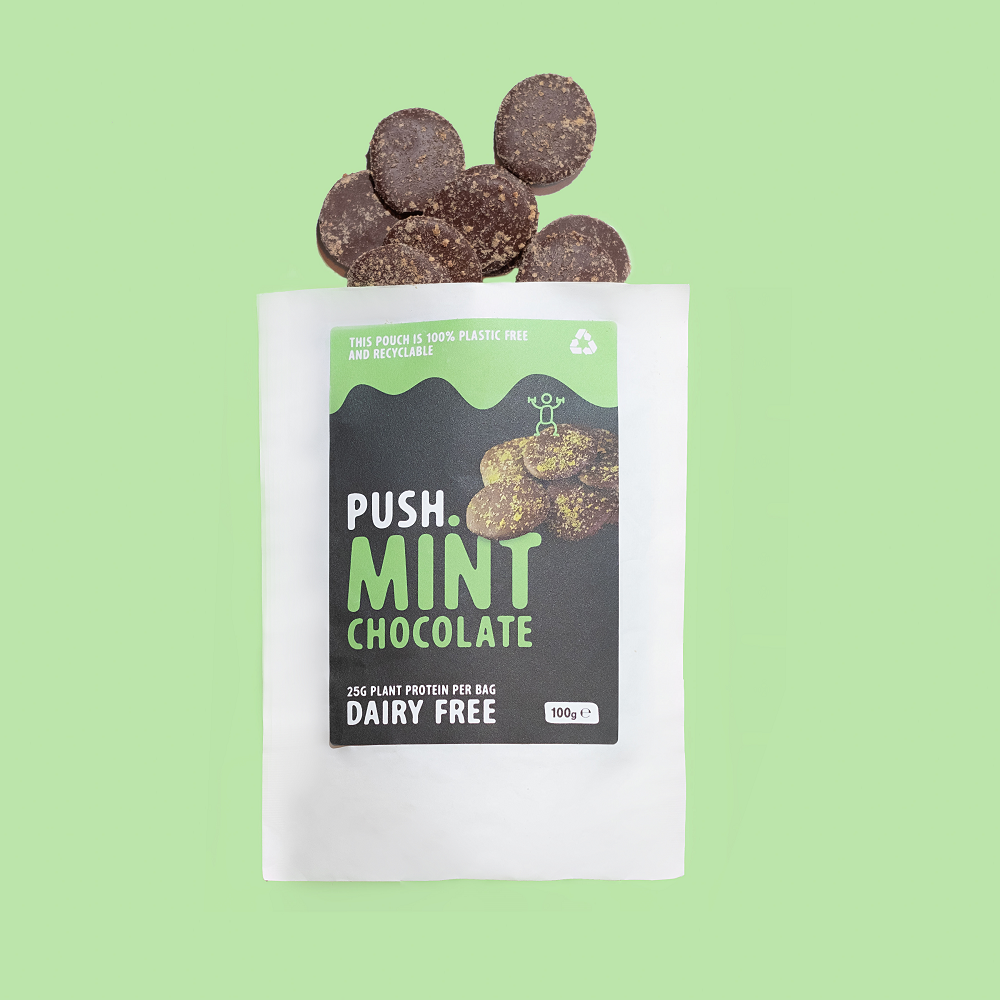
The Good Crisp Company is taking the US by storm and officially the fast growing better for you chip in the US right now, these incredibly tasty gluten free canister chips have also been increasing in popularity in other global markets too. With standard flavours, limited editions and their new cheese balls there is plenty to choose from for those looking for a gluten free savoury snack that is still full of flavour!
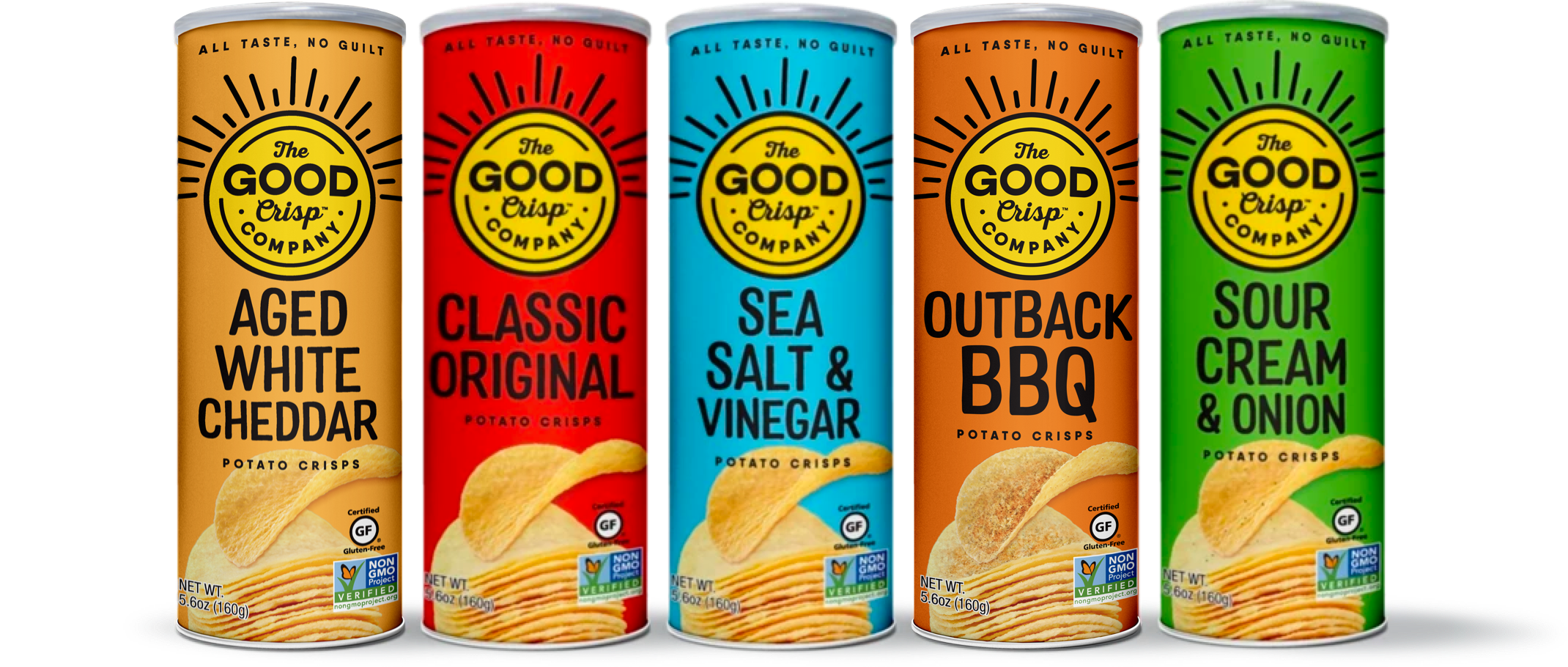
If you’re the producer of free from products, or a retailer or distributor looking to source allergen free products or private label solutions for your brand, do not hesitate to reach out to the Bolst Global team who will help you expand your reach overseas. Get in touch with us today!
References
[1] https://www.alliedmarketresearch.com/free-from-food-market-A06007
[2] https://www.mordorintelligence.com/industry-reports/free-from-food-market
[3] https://www.mordorintelligence.com/industry-reports/free-from-food-market
[4] https://erudus.com/food-allergens/
[5] https://www.beyondceliac.org/celiac-disease/
[6] https://www.supermarketperimeter.com/articles/7180-gluten-free-shows-staying-power-in-grocery-bakery
[7] https://www.supermarketperimeter.com/articles/7180-gluten-free-shows-staying-power-in-grocery-bakery
